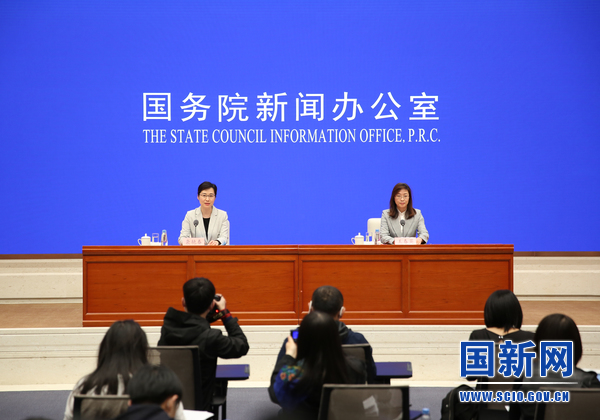Chinese banks report forex settlement surplus in Q1
China's commercial banks reported a net forex settlement surplus of 273 billion yuan (about US$39.1 billion) in the first quarter, the country's forex regulator said Friday.
China's commercial banks reported a net forex settlement surplus of 273 billion yuan (about US$39.1 billion) in the first quarter, the country's forex regulator said Friday.

Forex purchases by banks stood at 3.43 trillion yuan, while sales reached 3.16 trillion yuan, data from the State Administration of Foreign Exchange (SAFE) showed.
In March alone, the net forex settlement surplus registered 130.5 billion yuan, expanding from the 99.1 billion yuan in February.
Despite the coronavirus-induced volatility of the international financial market, China's forex market remained generally stable in Q1 with the yuan's exchange rate and the cross-border capital flows keeping steady, said SAFE spokesperson Wang Chunying.
The epidemic is not likely to batter the balance of China's current account in the long run as the domestic economic structure will not change easily, she said.
Wang also noted that the SAFE has rolled out a raft of policies to support the virus-hit foreign trade sector, including facilitating anti-virus-related financing services, lifting caps on foreign debt for certain firms and encouraging the public to use online platforms to handle foreign exchange business.
The yuan-based assets are still appealing worldwide, said Wang, adding that overseas investors increased holdings of Chinese bonds worth 16.7 billion dollars in Q1, up 48 percent year on year.
Meanwhile, the fluctuations in the Chinese stock market were milder than those in the global market, she said.
Wang said China's forex market is witnessing a more "rational and mature" development trend, demonstrating that the market players are confident in the fundamentals of the Chinese economy.

